Plate Processing Company
Common Issues in Sheet Metal Plate Forming and Rolling
Common Issues in Sheet Metal Plate Forming and Rolling
Metal sheet plate forming and rolling is an important process of converting metal sheets into usable shapes such as cylinders, cones, and other complex shapes. On the surface, this process does not appear too complex; however, Houston professionals in this line of work have to deal with several common issues that can hinder the quality of their final result.
So, let us look at the common issues in sheet metal plate forming and rolling in Houston.

Challenges Faced During Sheet Metal Plate Forming and Rolling
Deformation of Metal
Deformation during sheet metal plate forming and rolling is a common issue. While there are several reasons behind the metal object witnessing deformation, the most common reason for deformation is the spring back property of the metal. This is phenomena where the metal attempts to bring itself back into its original shape.
This process never succeeds and as such, the metal appears distorted and deformed. Professionals in Houston have to use compression techniques before the sheet metal plate forming and rolling process to prevent the metal from attempting this process.
Uneven Object Surface
Even if the desired shape is achieved during sheet metal plate forming and rolling, the surface of the metal object may still suffer from certain issues. Uneven thickness in metal sheets can lead to insufficient pressure in certain areas of the metal sheet. This results in an object that has a surface that feels wavy instead of even.
This deformity can lead to issues during the actual use of this object. A lot of precise calculation and adjustment of the rollers must be done to prevent such issues from arising when forming or rolling metal sheets with uneven thickness.
Cracks and Dents
The most common issue that causes major setbacks in a sheet metal plate forming and rolling project is the formation of cracks and dents. These can render a particular metal object unusable for its intended purpose due to a lack of sturdiness and structural integrity.
There are plenty of reasons why cracks and dents can form during sheet metal plate forming and rolling such as wrong temperature levels, uneven pressure, or inappropriate speeds of rolling. All of these aspects are checked by professionals in Houston to prevent this issue from occurring.
Wrong Rolling Parameters
Machines used for sheet metal plate forming and rolling need to be aligned with each other and must be fed the right parameters to create the right shapes from a metal sheet. However, if mistakes are made during this process, it can lead to issues in shape formation such as creation of cones instead of cylinders and visa versa.
Lack of Machine Maintenance
Sheet metal plate forming and rolling can take a heavy toll on the machinery used for such purposes. Aside from being subjected to high levels of pressure, the rollers also need to be cleaned to not affect the surface of a metal sheet during the process.
If you are looking for a reliable sheet metal plate forming and rolling partner in Houston, contact Apache Steel Works today.


